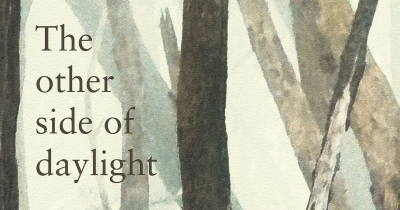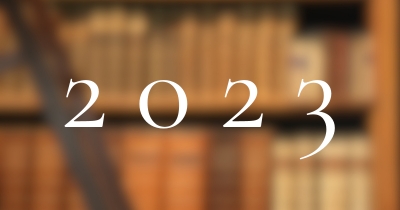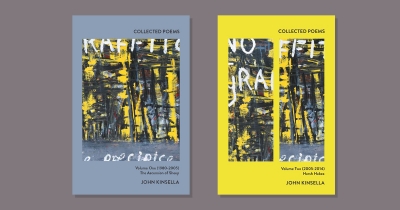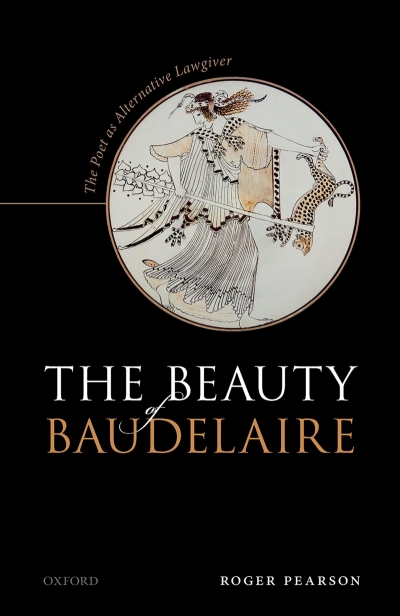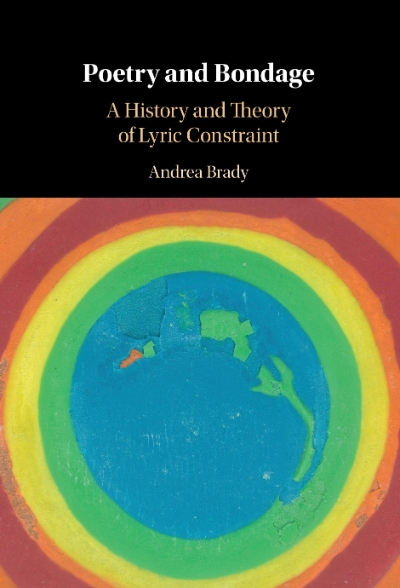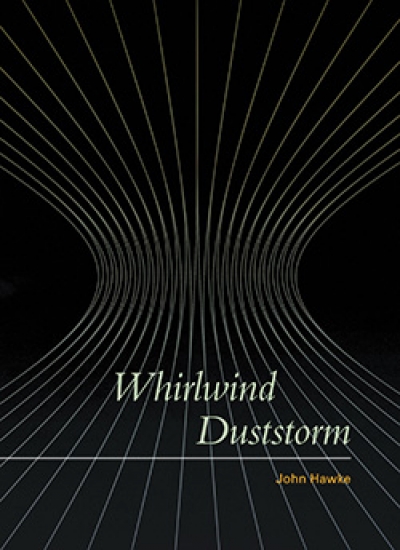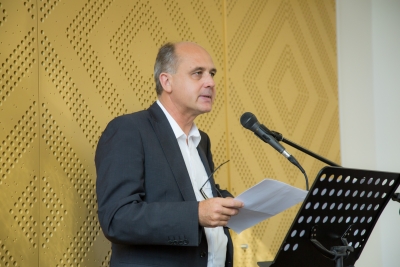Accessibility Tools
- Content scaling 100%
- Font size 100%
- Line height 100%
- Letter spacing 100%
John Hawke
The ABR Podcast
Released every Thursday, the ABR podcast features our finest reviews, poetry, fiction, interviews, and commentary.
Subscribe via iTunes, Stitcher, Google, or Spotify, or search for ‘The ABR Podcast’ on your favourite podcast app.
‘Where is Nancy?’ Paradoxes in the pursuit of freedom
by Marilyn Lake
This week on The ABR Podcast, Marilyn Lake reviews The Art of Power: My story as America’s first woman Speaker of the House by Nancy Pelosi. The Art of Power, explains Lake, tells how Pelosi, ‘a mother of five and a housewife from California’, became the first woman Speaker of the United States House of Representatives. Marilyn Lake is a Professorial Fellow at the University of Melbourne. Listen to Marilyn Lake’s ‘Where is Nancy?’ Paradoxes in the pursuit of freedom’, published in the November issue of ABR.
Recent episodes:
The Other Side of Daylight: New and selected poems by David Brooks
What the authors of these three wildly different books share is a gift for creating through language a kind of intimacy of presence, as though they were in the room with you. Emily Wilson’s much-awaited translation of The Iliad (W.W. Norton & Company) is a gorgeous, hefty hardback with substantial authorial commentary that manages to be both scholarly and engaging. The poem is translated into effortless-looking blank verse that reads like music. The Running Grave (Sphere) by Robert Galbraith (aka J.K. Rowling), the seventh novel in the Cormoran Strike crime series and one of the best so far, features Rowling’s gift for the creation of memorable characters and a cracking plot about a toxic religious cult. Charlotte Wood’s Stone Yard Devotional (Allen & Unwin, reviewed in this issue of ABR) lingers in the reader’s mind, with the haunting grammar of its title, the restrained artistry of its structure, and the elusive way that it explores modes of memory, grief, and regret.
... (read more)Collected Poems by John Kinsella & Collected Poems by John Kinsella
'Circle of Fifths', a new poem by John Hawke
... (read more)The Beauty of Baudelaire: The poet as alternative lawgiver by Roger Pearson
Poetry and Bondage: A history and theory of lyric constraint by Andrea Brady
This is one of the times you won’t remember.
You are lying side by side with your father
as the radio murmurs, a ghost wind shifting
from magnet to magnet that does not ...
John Hawke – poet, academic, and poetry editor of ABR – chaired the judging panel for the 2020 Peter Porter Poetry Prize. At the Porter Prize ceremony held at the Boyd Community Hub on January 16, he addressed various themes in his opening remarks. Following readings of the five shortlisted poems, Morag Fraser then named A. Frances Johnson as the overall winner of the Porter Prize.
... (read more)

